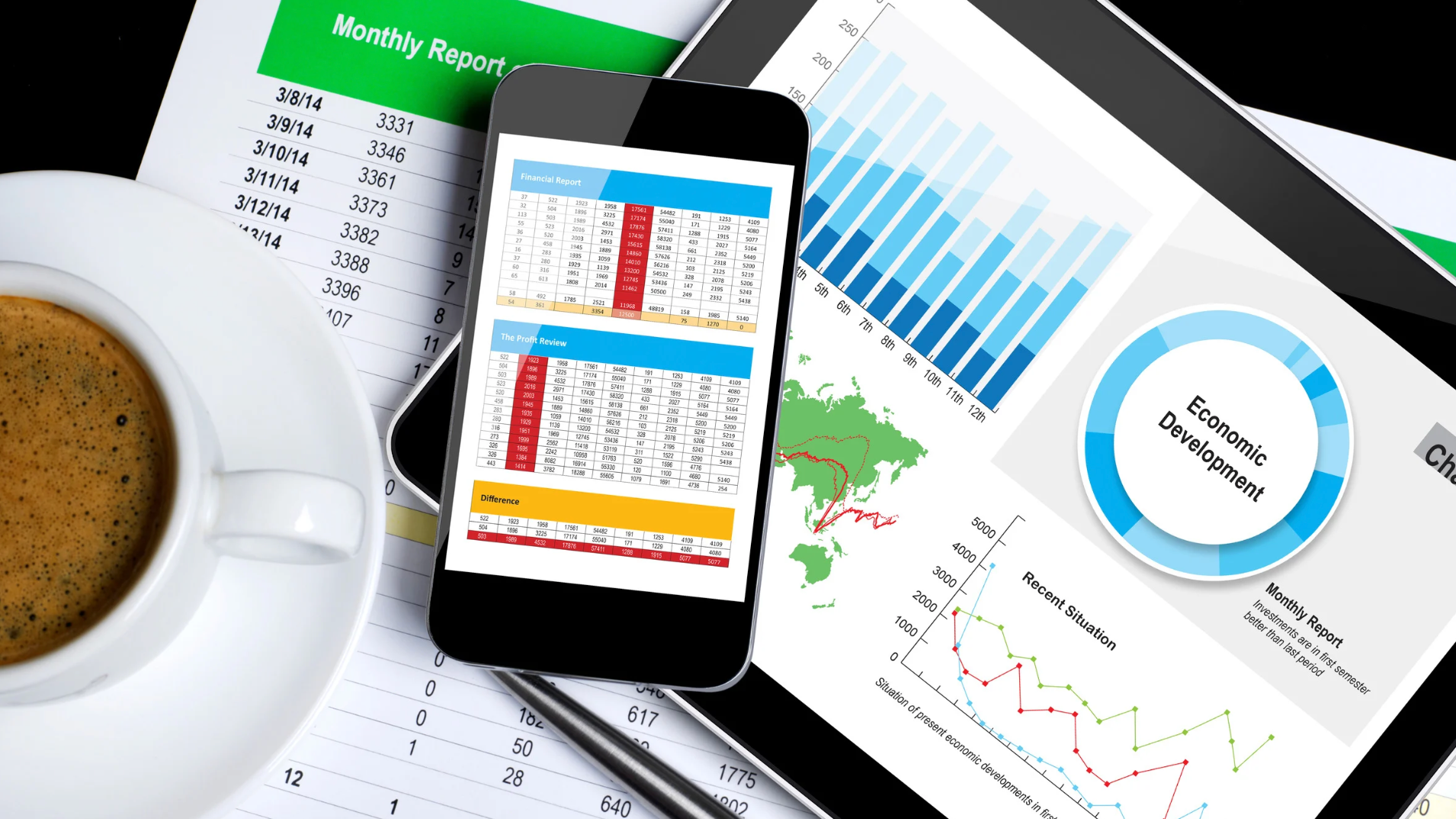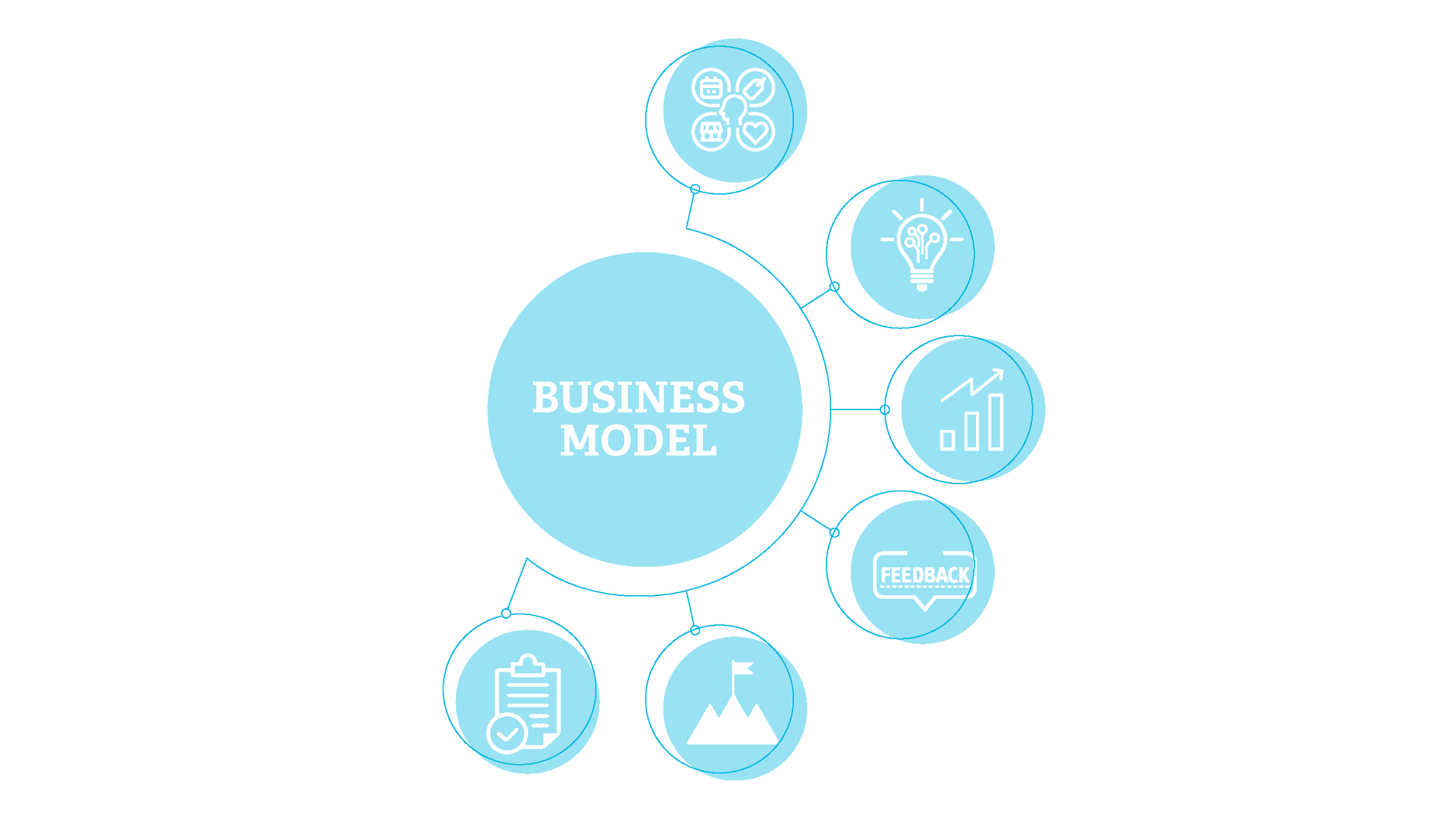As an employer and an owner, it’s your responsibility to keep your people safe. This includes both employees and customers. In 2023, the number of new claims for ACC workplace-related injuries was 194,570, with the highest claims from the construction, manufacturing, agriculture, forestry, and fishing industries.
Your duty of care to your employees
You have a duty of care to your employees to keep them safe and healthy at work. This includes providing a safe work environment, providing adequate training, and monitoring their safety and well-being on an ongoing basis.
Specific examples of your duty of care to your employees include providing:
- safe and well-maintained machinery and equipment;
- a safe and healthy work environment, free from hazards;
- adequate training on how to use machinery and equipment safely;
- training on health and safety procedures;
- monitoring the health and safety of your employees;
- supporting employees who have been injured or become ill at work; and
- taking out the relevant liability insurance in case of staff injuries.
Your duty of care to your customers
You also have a duty of care to your customers to keep them safe when they visit your physical shops and office spaces. This includes providing a safe environment, thinking about accessibility, and making sure your premises are reviewed for safety on a regular basis.
These customer concerns can include:
- providing safe premises that are hazard free and maintained to a high standard;
- taking steps to prevent crime, such as installing CCTV and hiring security guards;
- ensuring that people with health conditions or impairments can access the premises safely;
- providing adequate training to staff on how to deal with emergencies; and
- taking out the relevant public liability insurance in case of customer injuries.
Your duty to provide relevant staff training and a continuity plan
Staff should get relevant training on health and safety procedures, so they’re on the ball with safety procedures, and can do everything in their power to keep customers safe and free from danger. It’s also vital to have continuity plans in place in case of staff/customer injuries, criminal activity, or unexpected emergencies and natural disasters.
To be on the ball with your training safety plans:
- conduct regular risk assessments to identify and assess potential hazards;
- develop strategies and business procedures to mitigate any risks;
- implement and maintain a health and safety management system;
- provide your staff with the resources and support they need to work safely;
- communicate your health and safety policies and procedures to all staff and customers; and
- monitor and improve the effectiveness of your health and safety measures.
Get your health and safety up to speed
By having a real focus on health and safety, you do the right thing for your staff, your customers, your suppliers, and everyone involved in your business.
To find out more about keeping your workplace safer, take a look at this government guide













